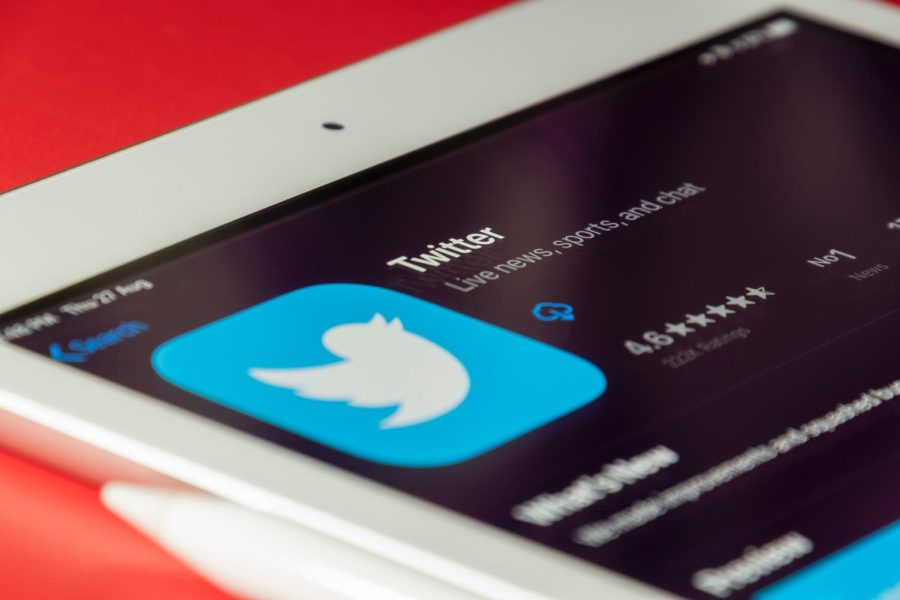Unlearn Everything
“Gen Z Language”: The modern day minstrel show
More stories from Sabrina Ftouhi
If all Black people stopped contributing to every form of entertainment, it would all be boring.
When I was a kid in the early 2000s, things like braids, hoop earrings, lip gloss and bonnets were considered “ghetto.”
Talking in African American Vernacular English (AAVE) was frowned upon and corrected. It used to be referred to as Ebonics.
Over the past decade, Black culture has become mainstream and non Black people have taken the use of AAVE and rebranded it as “Internet or Stan language.”
I wouldn’t be surprised if people born after 2004 didn’t know that “Stan” originates from an Eminem song about a crazy fan.
The problem with that is, Eminem is white. The use of AAVE is still not justified for anyone else.
If I’m being honest, I feel like every Black person has the deepest internal cringe whenever people switch up the way they talk.
I was having a discussion with a group of friends and we found ourselves on this topic. I was brutally honest about my feelings towards the subject.
If you are not Black and you use AAVE, that tells me you lack authenticity. If you are only using this dialect strictly in the context of humor or aggression, you do too much, you try too hard and I don’t want to be around you.
There are some people who want to argue that it’s just the way they’ve always spoken. I’m still not exactly sure how to feel about this. Nine times out of ten, most of these people wouldn’t ever speak this way in front of their parents or grandparents.
AAVE is a dialect that originates from the days of enslavement, it’s so much more than a meme, and it needs to be legitimized.
AAVE also sounds different throughout the United States. The dialect is clearly being appropriated because all of these non Black AAVE speakers sound the exact same.
I don’t like copy cats. It’s okay to admire Black culture (as you should) but we can all see that you’re pretending to be something you’re not.
When I was in high school, trap music had just started to become mainstream. It was the rise of the SoundCloud rappers like Trippie Redd and Lil Pump, R&B singers like Kehlani were beginning to catch our attention. Let’s not forget the rise of Young M.A.
It wasn’t long before I noticed classmates in my predominantly white high school starting to speak differently.
They all sounded so horribly stupid, it was hard to take any of them seriously.
Here is a list of your “internet slang” that is actually appropriation. This is just off of the top of my head.
Finna
Finna means about to. “I’m finna go to the store.”
I can especially tell when someone’s trying hard because this is a word that people tend to incorrectly use before “going to” or “gonna”.
Lit
This term has been around since our parents were born, don’t let 2014 Instagram fool you. It means something is fun.
Bussin
This just means that something is good. Just describe the thing as good. You will only embarrass yourself.
Boo-boo the Fool
I came across a mutual friend who posted this as a caption. The usual saying goes something like “do I look like/you must think I’m boo boo the fool.” Their post said ‘bo bo the fool’ and was taken way out of context
If you’re going to appropriate a tweet, at least try and spell it correctly.
Chile
For the love of all that is sane, this is not pronounced like a pepper. It’s pronounced like “child” but without the d. It’s used to express concern or disbelief.
It’s the *insert insult here* for me
I remember seeing the original TikTok that caused this trend. It was a Black family just casually roasting each other. It didn’t take long enough for the white people of the platform to dominate the trend.
This insult was being used in a “blaccent” and people would do mannerisms that reflected those stereotypes regarding Black people.
Period
This basically means what it says: point blank period. This word was one of the earlier ones to catch on, and I won’t take you seriously if you say it.
At the end of the day I can’t control how you talk or what comes out of your mouth. I would however like to take it back a bit to my first semester at The Spectator.
The organization was predominantly white with maybe two people of color at the time. There was this one white character who always made a point to use AAVE. I saw through them as soon as they opened their mouth.
If you feel the need to address a mainly white crowd in a dialect that you’re appropriating, you have some sort of identity crisis to figure out.
If reading any of this has made you uncomfortable I kindly advise you re-examine your own authenticity.
Ftouhi can be reached at tunsieftouhi715@gmail.com.
Sabrina Ftouhi is a fourth-year creative writing and political science student. This is her fourth semester on The Spectator. She loves animals, hiking and road-trips anywhere.


